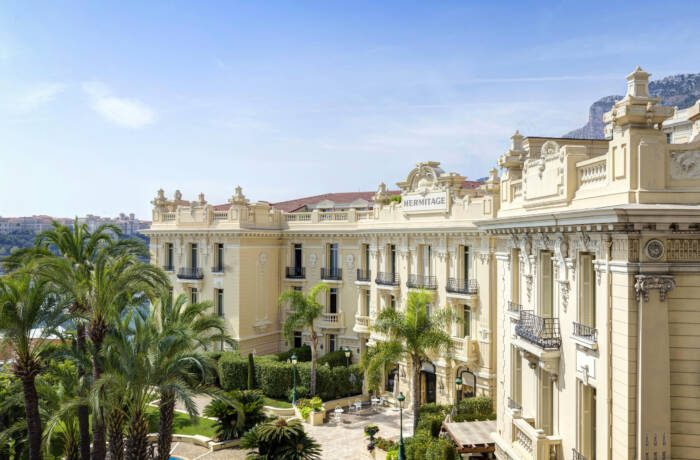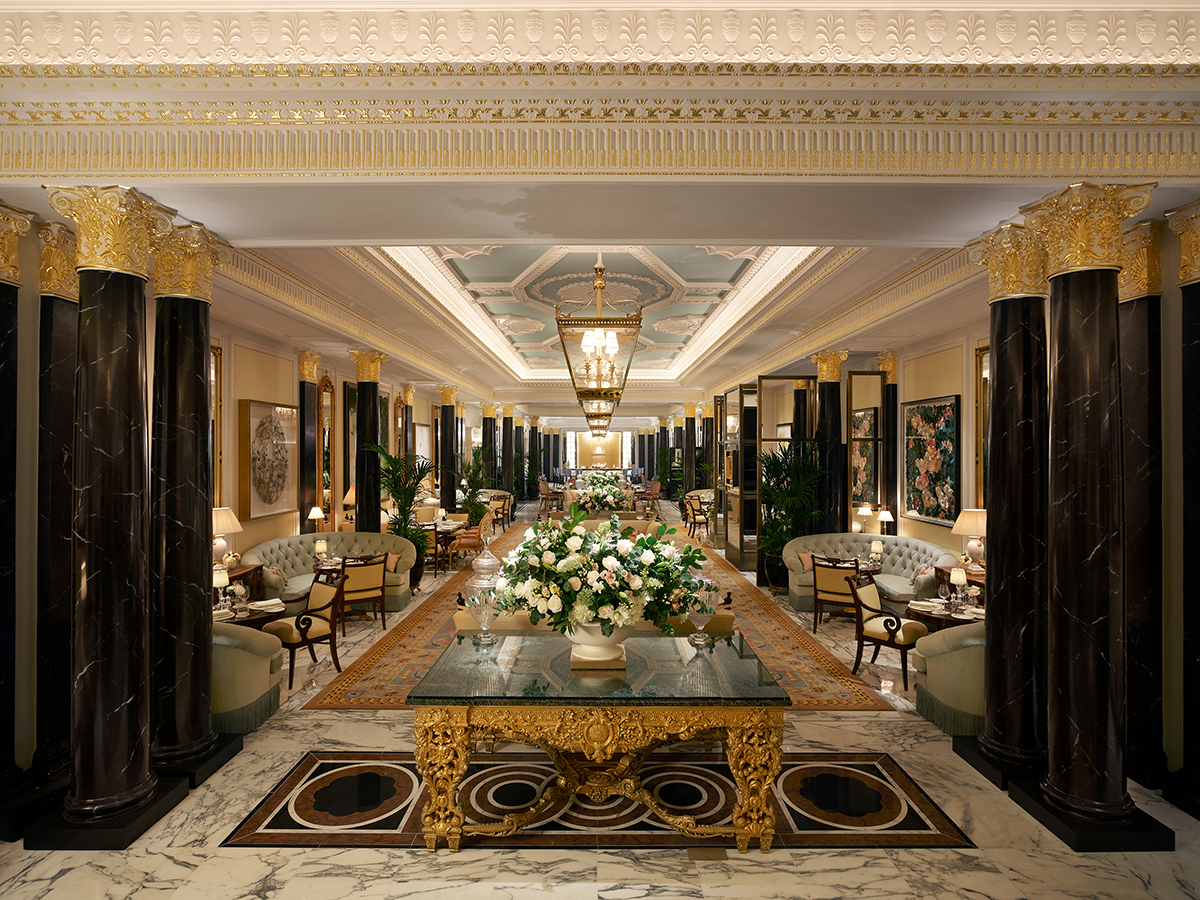
The Dorchester London’s iconic Promenade’s revamp
Christopher Cowdray is the Company President of the Dorchester Collection. Here he speaks to Darius Sanai about the iconic London hotel’s latest renovations and maintaining brand identity in the process of modernisation
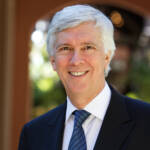
Christopher Cowdray
LUX: Can you tell us about the renovations over the last 18 months at the Dorchester London?
Christopher Cowdray: The Dorchester last had a major re-fit in 1989. It gets to a point where you really need to go behind all the walls and change all the pipes and make sure it’s ready for purpose. That’s what we’ve been doing: we remodelled the ground floors, the bar and the promenade, the Vesper Bar, and all the front entrance, while always ensuring we retain the hotel’s identity. What happens a lot in luxury hotels is that people will come in and rip everything out and modernise it without keeping the essence of what the hotels are.
Follow LUX on Instagram: luxthemagazine
We are also redoing all the guest rooms. At the moment, the first and the second floor are about to be finished and will be ready for bookings in the next two or three weeks. They have been designed by Rochon from Paris who has done the ground floor as well. Martin Brudnizki did the Vesper Bar and will continue designing more in the upper part of the hotel. The final renovation will be the rooftop where we are going to create a new restaurant. During the pandemic when we weren’t allowed to entertain inside the outdoor seating area upstairs became so popular and got such great feedback, so we are creating a permanent fixture there and then extending the top floor. We are really restoring the Dorchester back to its rightful place as one of London’s leading, if not leading Hotel.
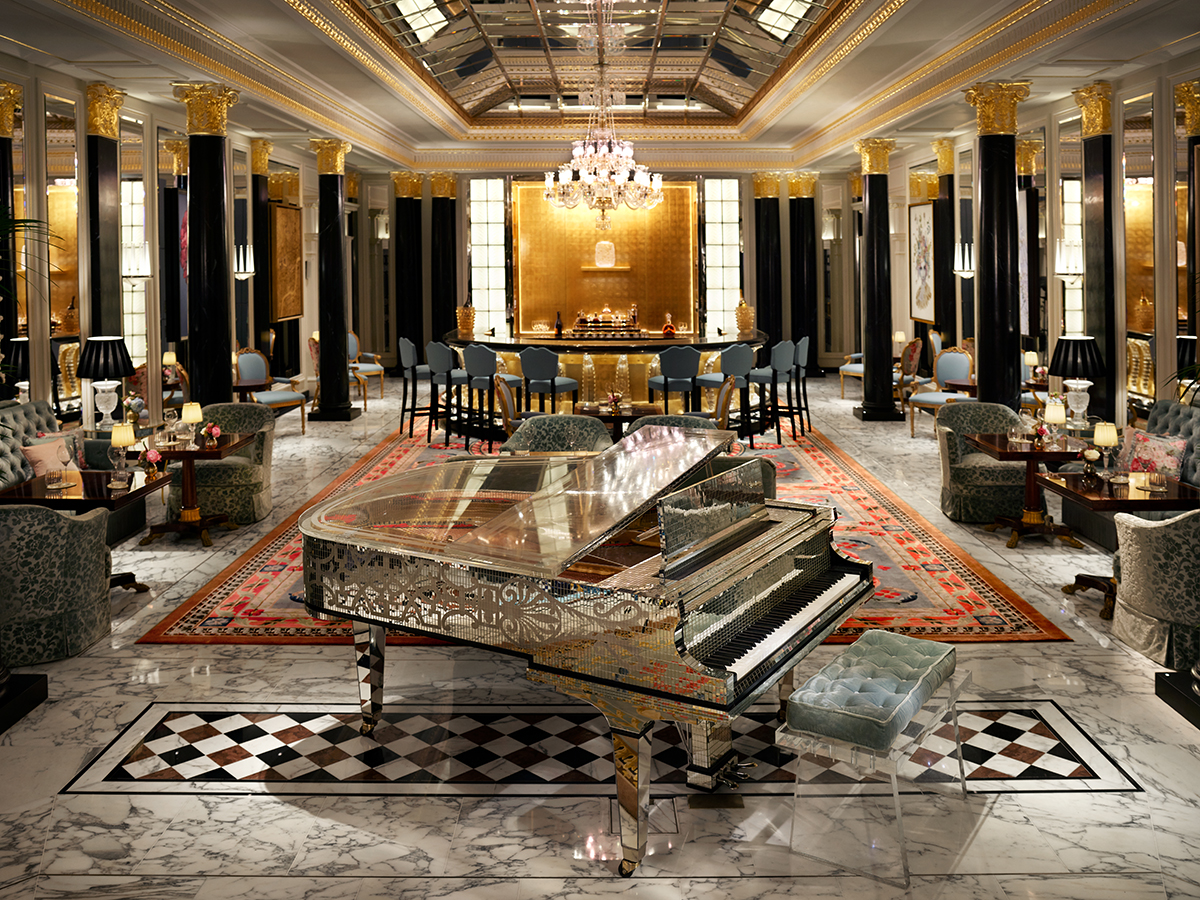
The Liberace piano in the Promenade
LUX: Are you worried by new competition in the market, for instance, Peninsula and the Rosewood coming soon?
CC: With any competition coming in, it actually ends up bringing more business into the city. It’s the same with Rome; there’s a lot of competition coming into Rome, and what it does is bring a lot more awareness to the city. One has to be aware of competition, of course, and when you are at the top of the market you want to make sure you are doing everything to remain there. A lot of this comes down to service levels. I think what the Dorchester has to its advantage is incredible service, location, and history. It has a significant history in the city, and we have an amazing staff. It takes time to build your staff and your reputation.
LUX: You mentioned you didn’t rip everything out and make it completely different. Is that decision dictated by the nature of the property? For example, would you avoid doing that at the Plaza Athénée, but consider creating super modern interiors in new builds?
CC: Yes, in a new build it’s different, but it has to be authentic to the area that we are in. For example, in Dubai we have a Norman Foster building. It has a lot of glass with light coming in, overlooking a beautiful marine area. It was trying to decide what the right interior for that would be, and Dubai today is a very vibrant progressive modern society. So how do we create a luxury and comfortable interior in this modern building? It’s not minimalistic but it is light, and it has modern undertones to it.
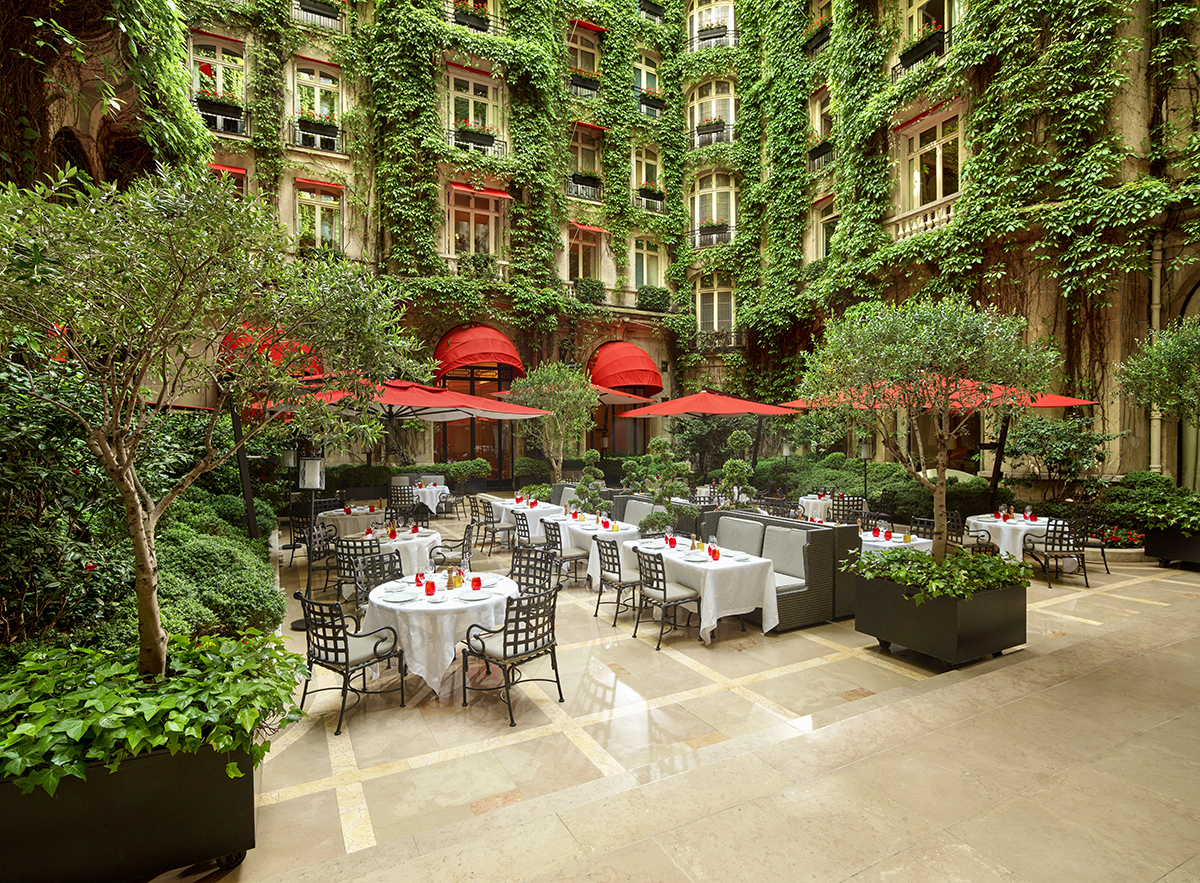
La Cour Jardin at Hotel Plaza Athénée
LUX: If somebody had been a guest of Le Meurice and they walked into The Lana without knowing it was part of the collection, is the intention that they would realise it is a Dorchester Hotel, or is it more subliminal?
CC: It’s subliminal. They will know from a marketing point of view that it is, and they will receive the top quality welcome and service, but the interiors are very much about the building and the relevance to that building.
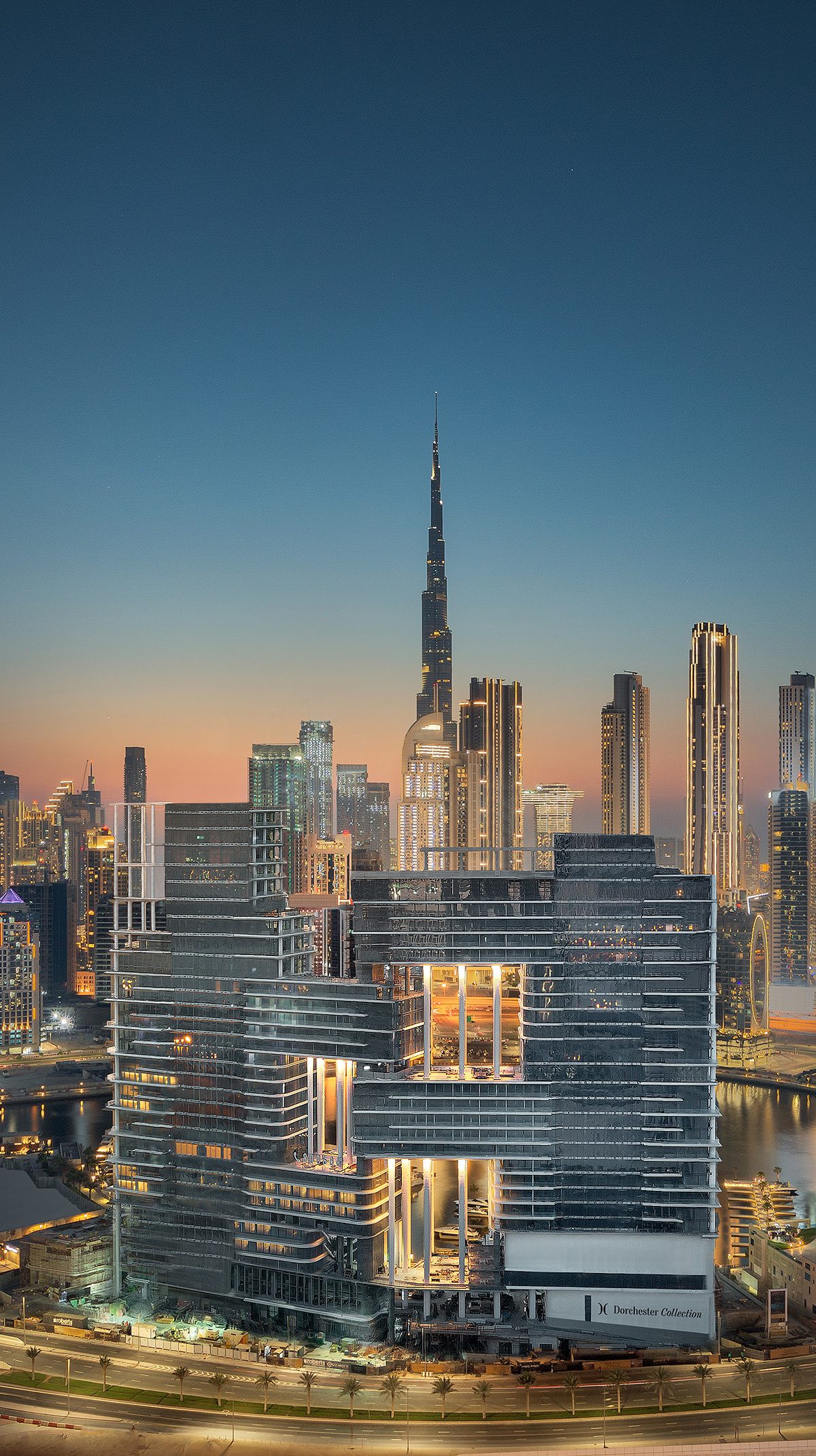
The latest hotel in the Dorchester Collection is The Lana which will be unveiled in 2023 in Dubai
LUX: Is there a tension now between the young generation of the very wealthy who have very eclectic tastes, and an older, more conservative generation?
CC: We are finding that the younger generation like more traditional interiors as well as more modern ones. A good example is probably Le Meurice in Paris. It’s a younger generation going there at the moment, with the Belle Etoile nearby. At the Plaza Athénée you’ve got a bit of Art Deco and you’ve also got tradition, so there are people who love Art Deco and people who love tradition, but they still love the Plaza overall. Some people have certain tastes and I think as we go forward it’s about how to make sure that there’s room for everyone to be comfortable and to appeal to a wider audience.
LUX: What does a luxury group like yours need to do now that it didn’t have to do ten or fifteen years ago in terms of its experience and offering?
CC: The experience side of it is important and, I suppose, more relevant to some travellers, but the underlying essence of ultra-luxury comes down to the investment that you put into the property. The sub-furnishings and the whole design must be of high integrity. Then it’s about the service, it’s about the recognition, it’s about the efficiency of the service, it’s about the atmosphere and the friendliness, and so a lot of it revolves around the people.
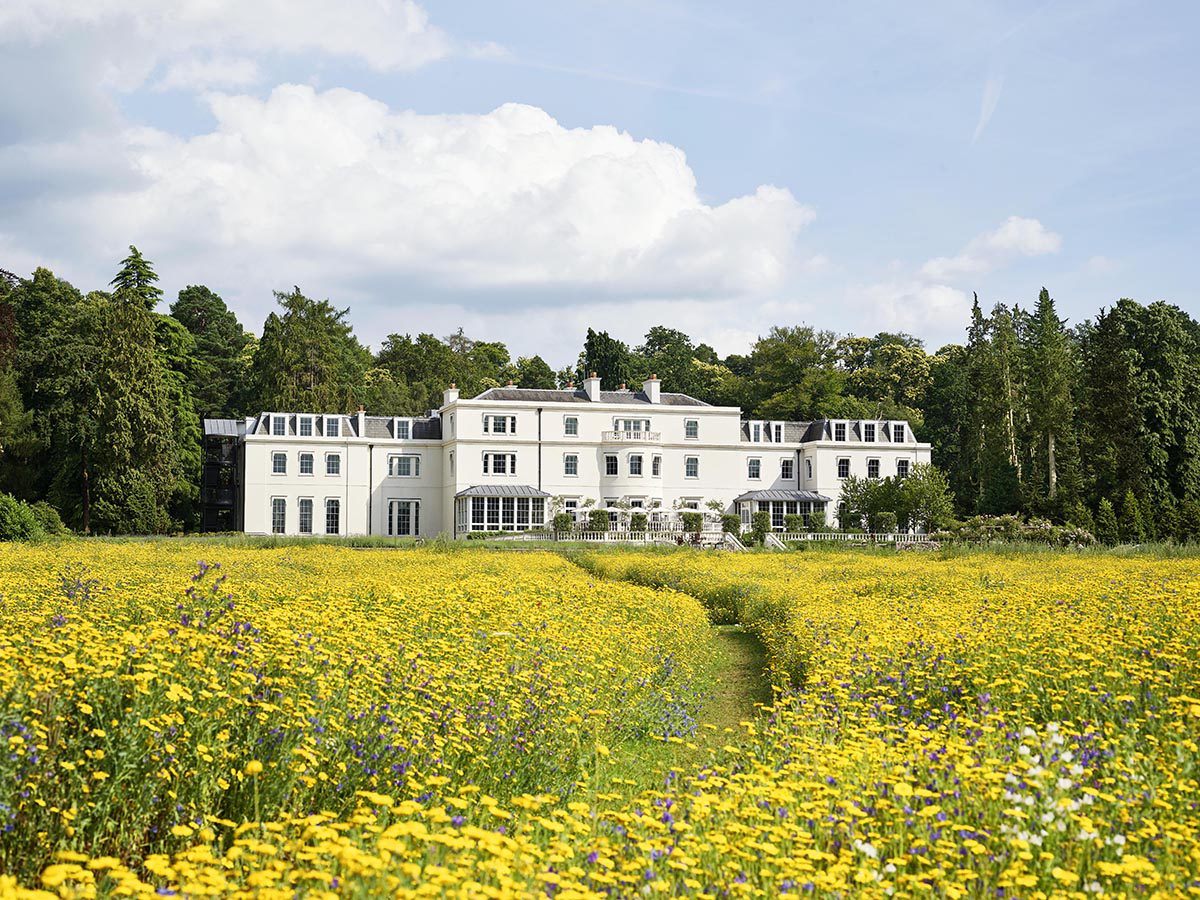
Coworth Park in Ascot
In other cases, it’s location. I see hotels being built today, even in cities like London, with the intention that they will become wonderful luxurious hotels and attract the luxury traveller. But that doesn’t end up being the case because your luxury traveller wants to be at the heart of where things are happening. They don’t want to be 5 or 10 minutes away; they want to be able to go down to the shops or the cinema right away.
LUX: You have celebrated restaurants in your hotels with many Michelin stars. Is it all about getting the Alain Ducasse and the 3 stars, or is this changing?
CC: The dining experience is very important. It’s about creating excitement for the hotel. It’s not only about appealing to the international traveller, but also very much about how you appeal to the local community. You want the hotel to be a part of that local community, you want them to come in and experience it and then talk about it, so the food and beverage and the restaurant are very important. We are very fortunate here to have Alain Ducasse – he’s been here since 2005 when we opened and has been very successful. He used to be at the Plaza Athénée, but then we brought in Jean-Philippe Blondet, a young chef.
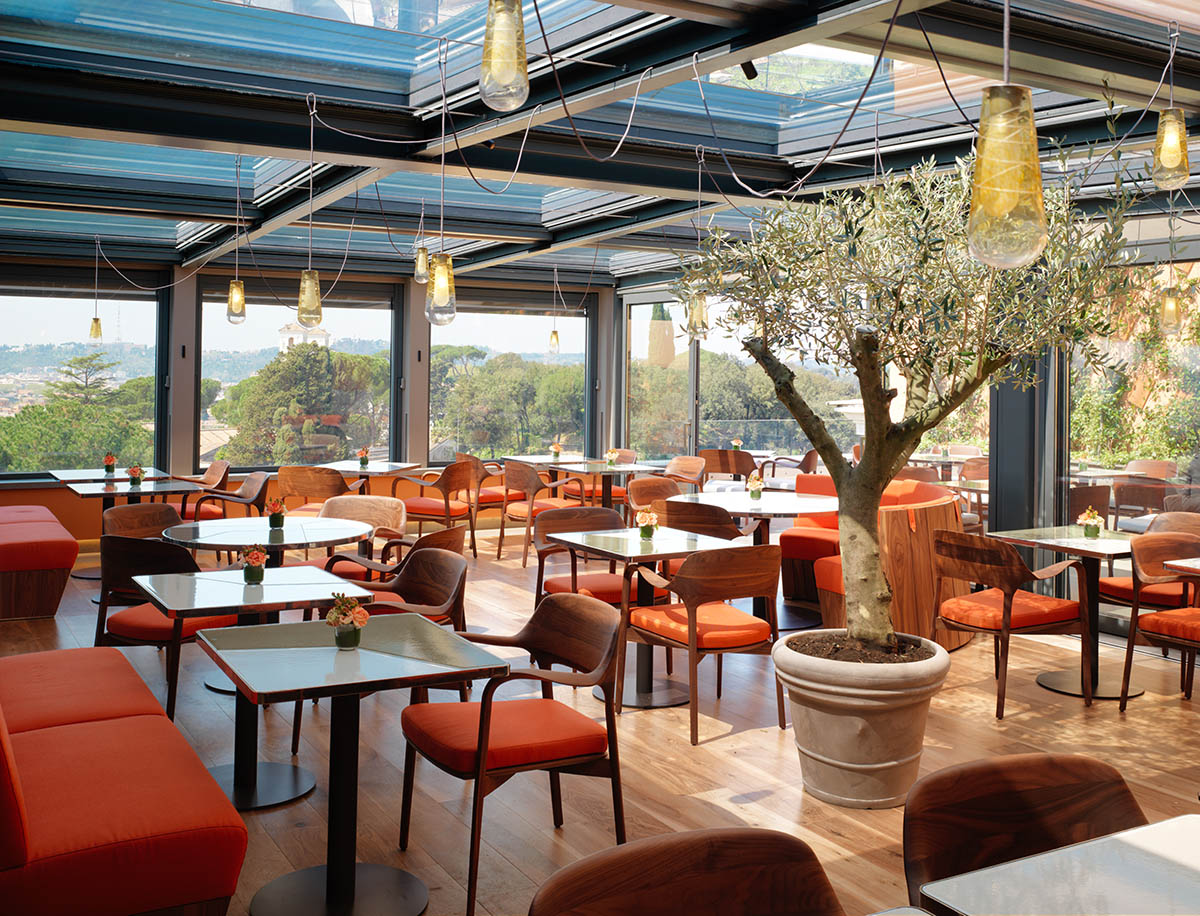
Hotel Eden’s Il Giardino Ristorante in Rome
With food and beverage, we did well with Alain, but there wasn’t always that excitement there. Today, food and beverage and the restaurants are doing exceptionally well because there’s just so much excitement around the energy that Jean has brought to the hotel. There are the people who really love to go to your fine, gourmet, 3-star Michelin restaurants, but there’s also a lot of people who just love food and want to try upcoming chefs and different cuisines. That’s no longer about French cuisine, it’s about the influences of Asia, influences from the Middle East, influences from anywhere. Food is so important today and people just love trying different experiences.
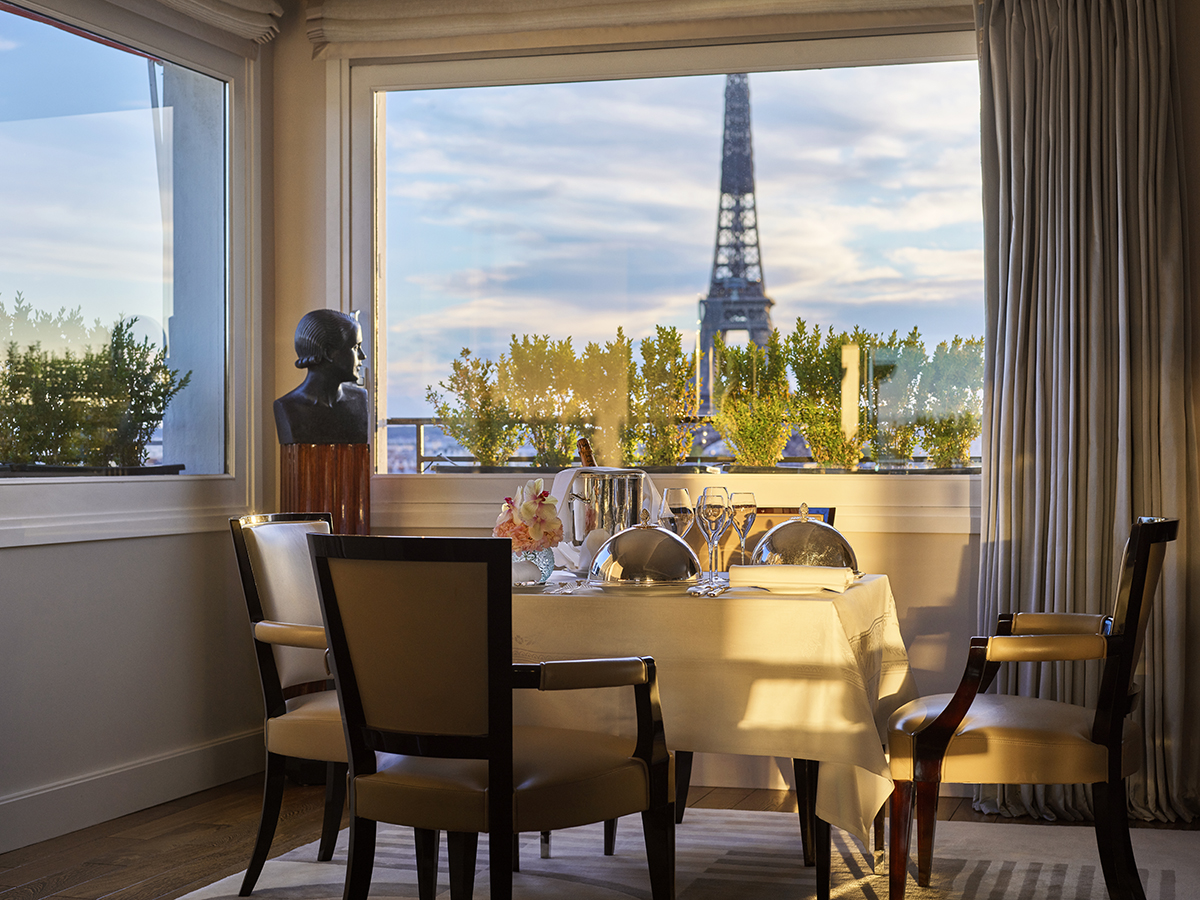
The Eiffel’s Suite signature dinner at Hotel Plaza Athénée
LUX: And what about the more casual F&B type of experience?
CC: Bars are doing very well on the promenade, and we’ve introduced a lighter menu there. Afternoon tea is always going to be incredibly popular for us; it’s not about heavy meals. There is definitely an emergence of clubs, and I’m not too sure where that’s going to go at the moment because there are so many clubs opening up, particularly in London. People are paying for a membership to be part of it, but at the end of the day it’s just another restaurant and you are really paying for a formal degree of recognition.
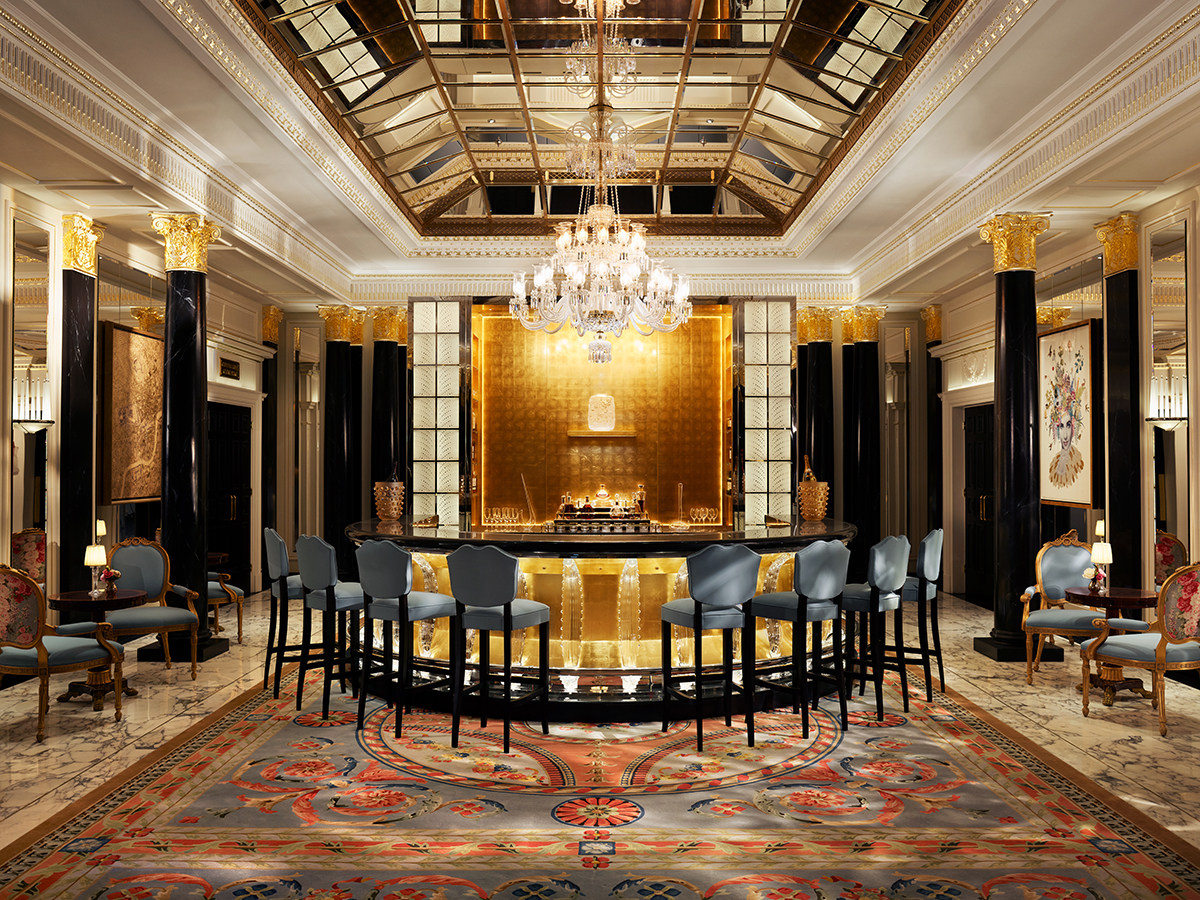
The Dorchester London’s new Artists Bar
LUX: How do art and artists come into the renovated Dorchester?
CC: At the Dorchester specifically, we’ve got the artists’ bar which is new. The Vesper Bar is completely new and very popular so I think you will start to see more and more happening there.
45 Park Lane has a very strong following from the art community. They have an artist circle there which was started when we opened in 2011. Different artists did different floors: Peter Blake did the penthouse and Damien Hirst did the ground floor, and they always retain their connection. Of course, we have all the exhibitions there, so it’s been very successful, and it continues to be. With the renovation we spent a lot of time selecting the right art to be featured. It’s about what art is relevant.
Art is becoming very important to us. We’ve had some great exhibitions in Los Angeles – the Warhol was phenomenally successful. In Paris, there’s the association with Museums and tours going on, and we are doing a lot of work there at the Plaza Athénée.
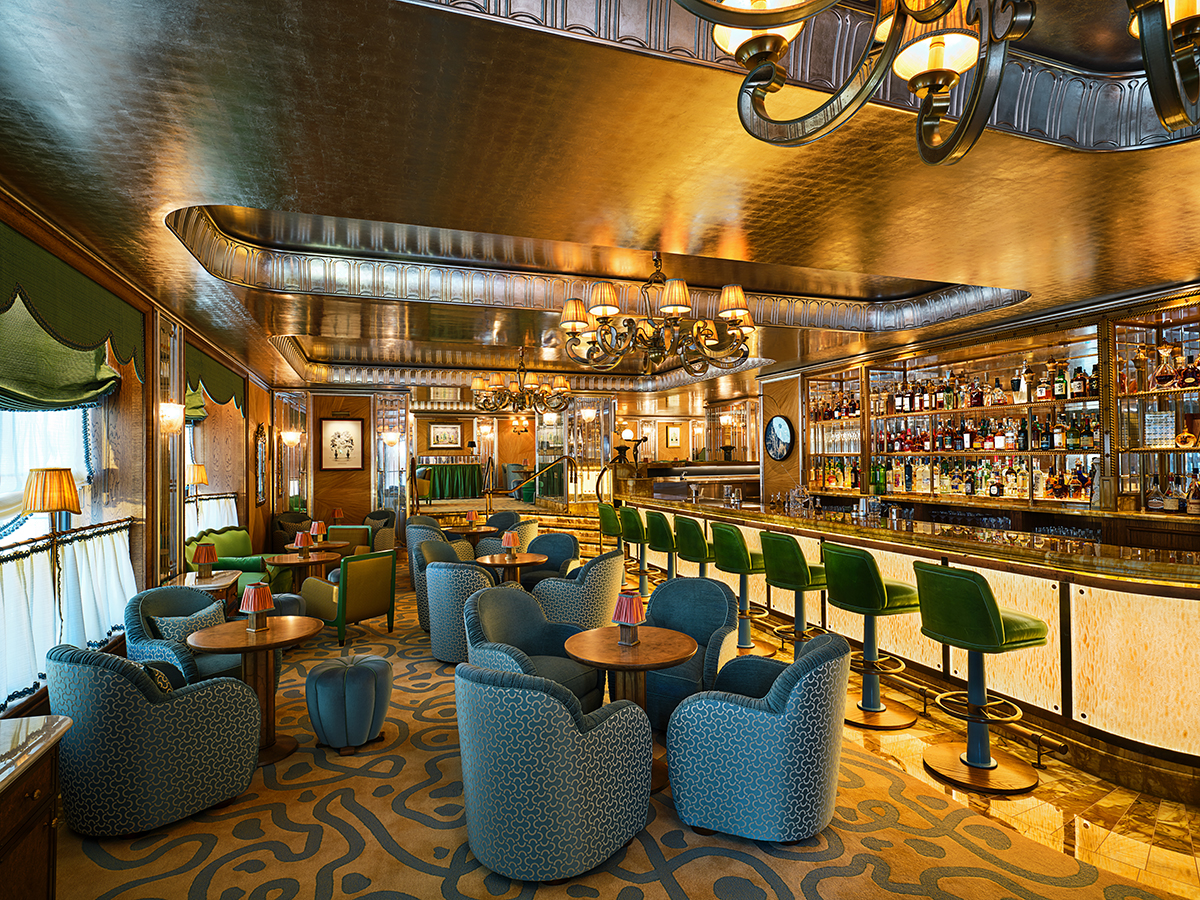
The Dorchester London’s Vesper Bar
LUX: The Dorchester collection has not expanded at the pace of some of the Luxury groups. Is that deliberate on your side?
CC: Very much so. Any hotel we add to the company has to be relevant. For a lot of hotel groups, expansion is just about putting their name on something. But we value our reputation, how we can retain our reputation and deliver on our promises. There’s not a need for us to expand at a tremendous rate. We want to expand, but it’s much more about finding the right hotels to complement the existing brand.
For instance, Dubai is at the heart of what is going on in the Middle East. We found a wonderful property there, not on the beach, but on the Marina, and it’s going to very much appeal to our travellers from around the world. In Tokyo we have the Torch Tower, which is under construction at the moment, but is going to sit at the top of the tallest building in Japan. This will be a great compliment to the company because the Japanese market is very important to us, and the American market going there is important.
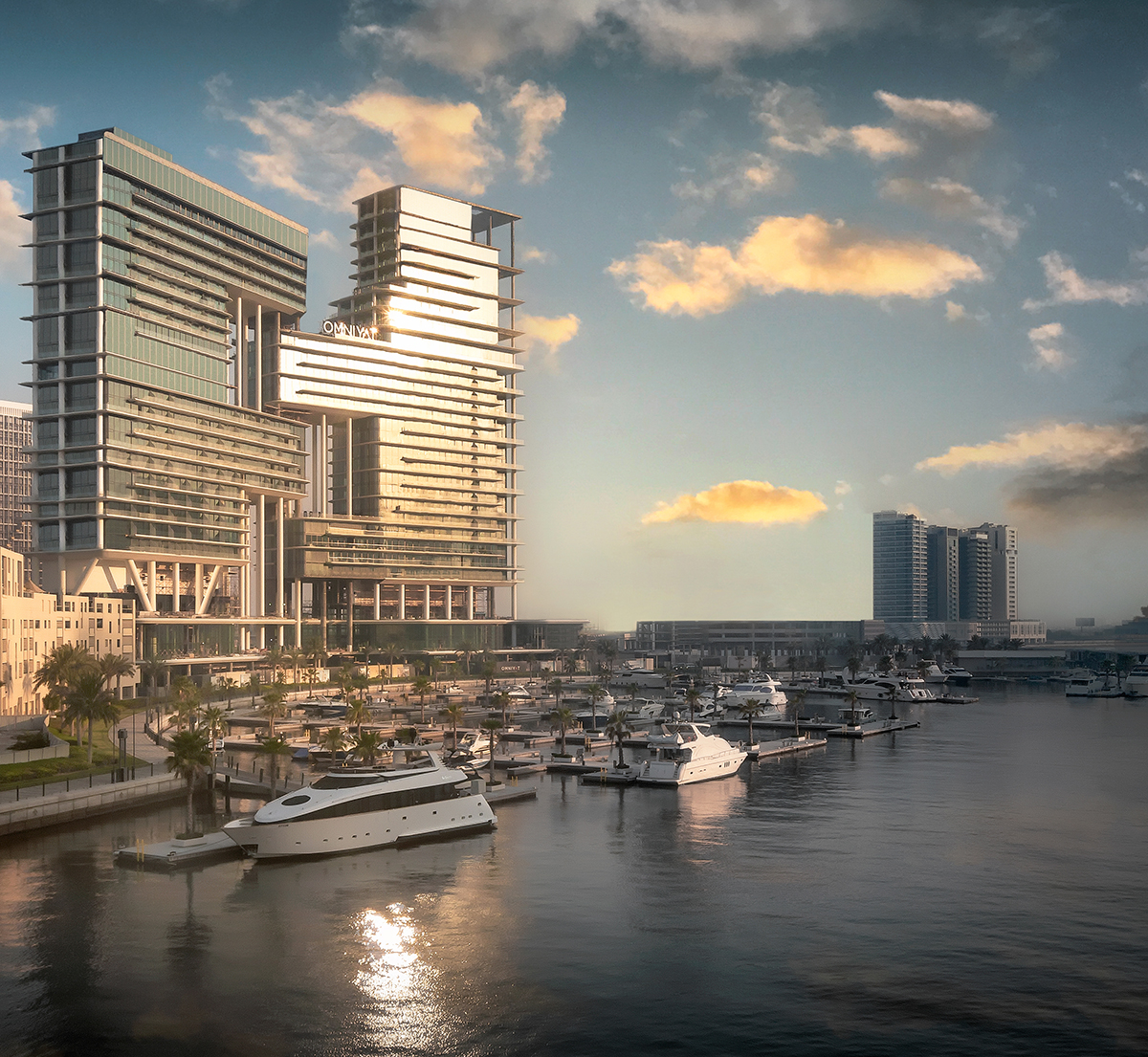
Foster and Partners were challenged to create a building for the Lana that would stand out in a city known for it’s skyline
LUX: Are there any cities where you wish you had a property?
CC: We would love to be in Hong Kong, Singapore, Beijing, Shanghai, Sydney and New York. We used to have a property in New York, the New York Palace, but we sold that because it was a 900-room hotel and although it had a wonderful location, we just felt it wasn’t relevant enough to the company. It came into the company by default, and we thought it was too big and in need of phenomenal renovation. We haven’t found what we want in New York yet. It’s a very challenging market, but we’re getting there.
LUX: How has your guest profile changed over the years in terms of age and demographics?
CC: Guests are definitely getting younger. They used to always be in their fifties and sixties, but now we are certainly seeing very young people in their thirties and younger. We see people from the technology world in particular, who are usually young people who can afford to travel and want to experience the finest.
In terms of origin, America is very important to us, as is the Middle East and Europe, so we are not reliant on one market. Asia is only just recovering so the vulnerable pandemic. Asia was a growing market for us, but then completely dried up over the pandemic. Now it’s coming back slowly. I think it will take a little while to recover.
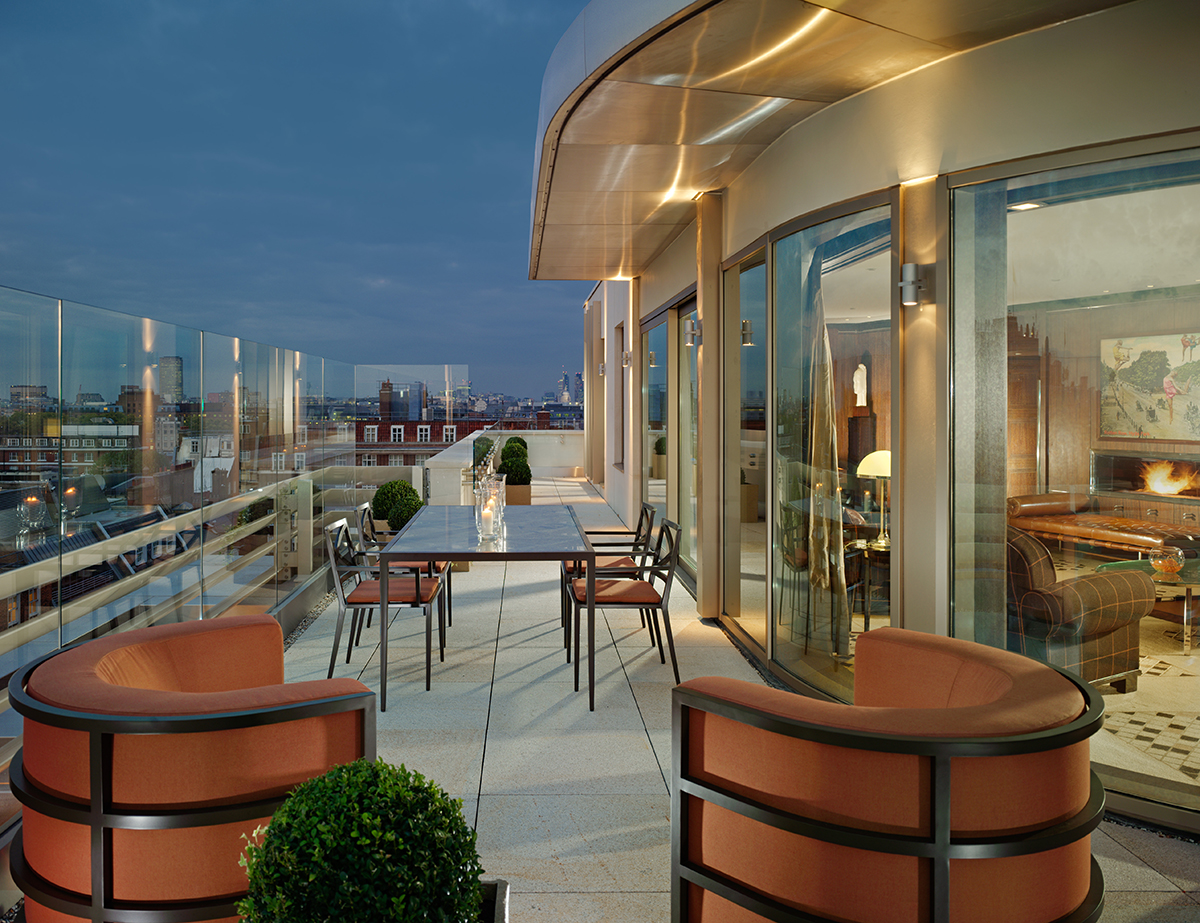
The Penthouse terrace at 45 Park Lane
LUX: You’ve been here since 2004 at this property as CEO, and have just been appointed Company President. It’s been an evolution rather than a revolution. Have you ever felt like you want to experiment and go wild and create something, do something completely different?
CC: No, I’ve never wanted to do that. We had a very clear vision from the outset, and we knew that we were never going to grow fast, but that we had to stay relevant. It’s been an incredibly busy 15 years, with the hotels going from five to where we are now, because during that period of time we not only added hotels but have also done very significant renovations in all of them. It’s a fascinating and exciting part of my job, but it’s also very time-consuming.
Read more: Four Seasons Hotel London at Ten Trinity Square, Review
LUX: There are a number of luxury hotel brands that have become very big on branded residences, which you are doing in Dubai. Is this a main pillar of your plan?
CC: It’s not a main pillar, but it is a positive edition to the brand. Mayfair Park residences, which is attached to 45 Park Lane, has brought a new facility and a new market to the hotel. People who stay there also want to use the facilities and go to the restaurants. Then in Dubai, the Lana residences will open at the end of this year, and we’ve got various other ones coming up. The individuals who are buying these apartments are also becoming guests in the hotel, so it is creating a very strong market for us. The service that they are receiving is of a standard that meets and exceeds their expectations, and therefore they now feel that they are part of the Dorchester “club” – though it’s not a club, as such.
Find out more more: www.dorchestercollection.com



